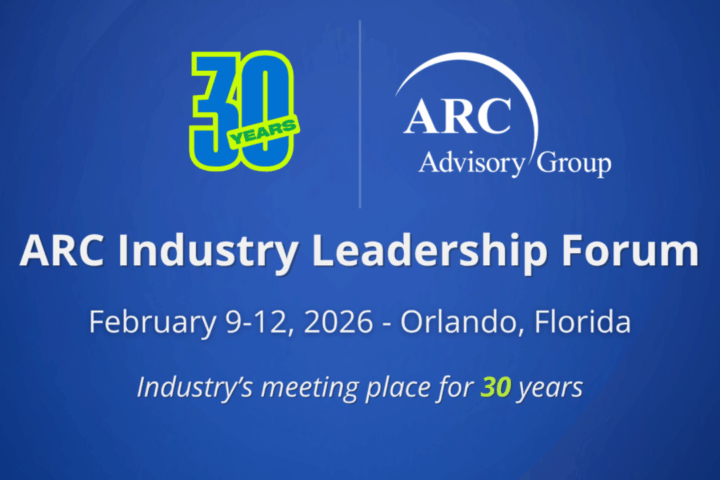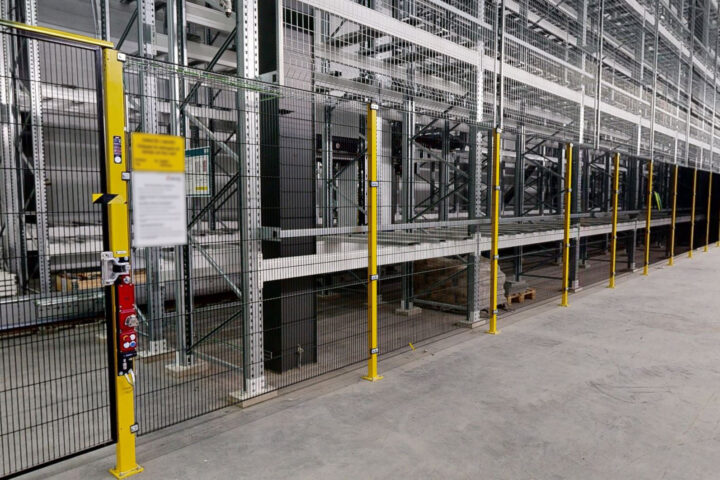New findings from Manhattan Associates reveal that a critical skills gap and data visibility challenges are hindering the effective adoption of AI in transportation management systems. The research, which surveyed 150 senior decision-makers from organisations in manufacturing, retail, wholesale, consumer goods, grocery and food & beverage sectors, underscores the urgent need for organisations to address internal capabilities to leverage the full potential of AI.
While the promise of AI is widely recognised, the research reveals significant disparities between future expectations and today’s reality. Currently, 49% of organisations lack the visibility of data required to proactively adjust shipping routes, and 45% lack the visibility to take corrective action before shipments are delayed or disrupted.
This fundamental lack of data visibility is compounded by internal challenges. When asked about current challenges in achieving visibility, 42% of respondents cited a lack of skills within the organisation, and 39% pointed to data silos across different platforms and solutions.
The drive towards AI is undeniable, with 63% of organisations expecting fully autonomous agentic AI or minimal human oversight within the next five years. However, current adoption rates lag behind these ambitious expectations. The research found that while 46% of organisations have highly integrated AI, more than half do not. Worryingly, almost a fifth (18%) have limited to no use at all, which puts them at a significant risk of falling behind their more agile competitors.
Key factors driving hesitation and lower adoption rates include cost and a lack of internal expertise. 55% of organisations say they are worried about high implementation and usage costs, and 45% report there is a lack of knowledge and skills internally to deliver. There is also a perception that senior leaders in the business aren’t providing the levels of support needed to drive wider adoption, with 43% reporting that they feel there’s a lack of organisational or executive sponsorship for supporting and implementing AI initiatives.
“The findings show a clear disconnect between the anticipated future usage and capabilities of AI in transportation and the current capabilities of many organisations,” commented Martin Lockwood, Senior Director at Manhattan Associates. “While autonomous agents have generated considerable interest, the reality is that a substantial portion of the industry is ill-equipped to harness this technology effectively due to internal skill shortages and fragmented data sets.”
The research also highlights a pervasive concern regarding the longevity of existing systems. A staggering 99% of those surveyed are concerned their TMS may struggle to keep pace with demands for speed, capacity, or cost reduction over the next five years. This underscores the urgent need for organisations to invest in both technology and, critically, the human capital required to manage and optimise these advanced systems.
“To truly unlock the benefits of AI, organisations must prioritise upskilling their workforce and breaking down data silos,” Lockwood added. “Without these foundational elements, the promise of autonomous transportation management will remain out of reach for many, leading to increased costs, inefficiencies, a failure to meet evolving customer expectations and (potentially) a two-tier level of competition.”












